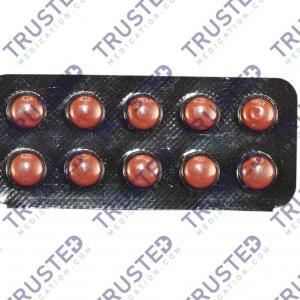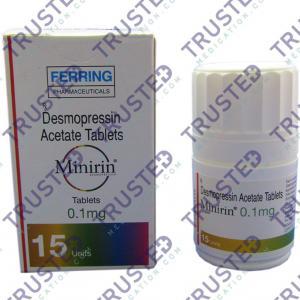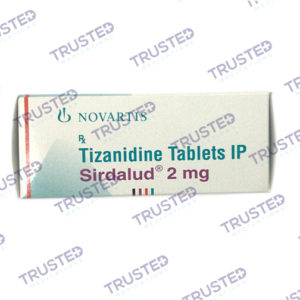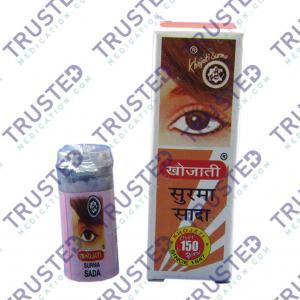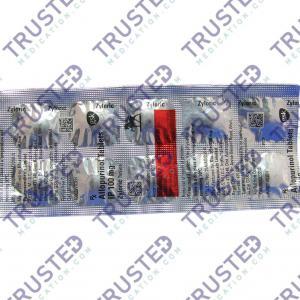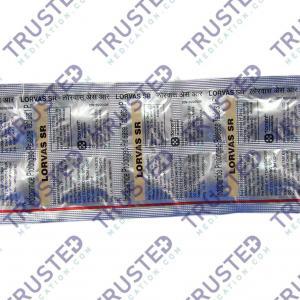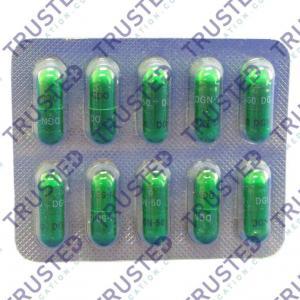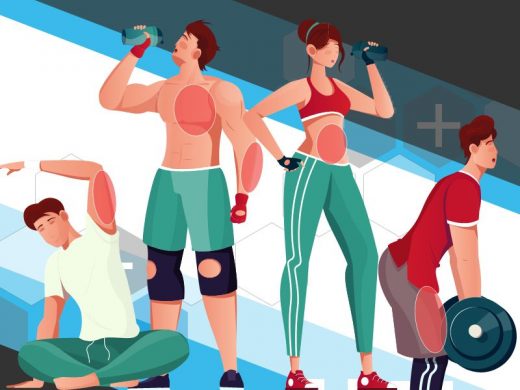
A muscle cramp is an involuntary contraction of your muscle. It occurs anytime and does not relax regardless of whether you control it. A muscles cramp is also known as a charley horse. It is a tight and intense pain due to the locking of muscle or spasm.
Cramps affect the skeletal muscle and other parts of the body. It also affects several muscles in a group. They are typical in:
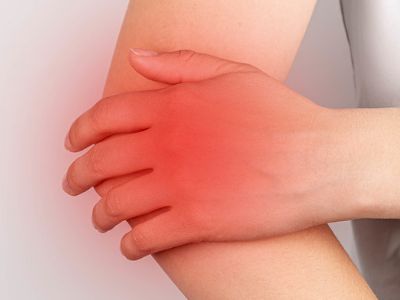
- Back of lower leg/calf
- Back of thigh
- Front thigh
- Feet
- Hands
- Abdomen
- Rib cage
- Arms
What Causes Muscle Cramps?
Strenuous and lengthier exercise is a typical trigger of cramps. Nonetheless, there is no specific cause for this condition. It can occur anytime regardless of body type, age, and gender. Muscle cramps are typical during hot weather. Other causes include:
- Dehydration
- Low levels of potassium
- Lack of calcium
- Lack of sodium and magnesium
- Low blood supply to your legs and feet
Medical conditions can also trigger muscle cramps. It includes:
- Alcohol addiction
- Pregnancy
- Kidney disease
- Hypothyroidism
- Low thyroid gland function
Risk Factors of Muscle Cramps
- Medical conditions. You might be at higher risk of muscle cramps if you have diabetes, liver, and thyroid disorders.
- Age. Older people start to lose muscle mass. As a result, the remaining muscles become stressed out.
- Dehydration. Fatigue and dehydration are typical causes of leg cramps in athletes. Avoid intense activities in warm weather to prevent leg cramps.
- Pregnancy. Muscle cramps also are common during pregnancy.
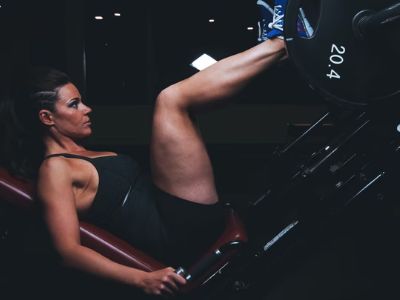
Types of Muscle Cramps
- Rest Cramps. It is typical in older adults, but it also occurs at any age. Rest muscle cramps often occur at night. It is not life-threatening but it is painful and may cause trouble in sleeping.
- Injury-related cramps. It occurs as a protective mechanism following an injury, such as a broken bone. The spasm tends to minimize movement and stabilize the area of injury.
- Vigorous activity. It is due to using the muscle in a lengthier period. Such cramps may come during the activity or later, sometimes many hours later.
How to Diagnose Muscle Cramps?
Blood and urine tests help in determining underlying conditions that cause cramps. Your doctor may use MRI to see if neurological problems are causing muscle cramps.
Treatment for Muscle Cramps
You can take anti-cramp medications. Crampstop and Vitafizz magnesium can help treat le cramps. Maintain proper hydration to alleviate muscle stiffness. Inform your doctor if symptoms persist for a month.
How to Prevent Muscle Cramps?
- Stretch your body participating in sports and exercising.
- Do not exercise right after eating.
- Reduce your intake of food and drink that contains caffeine.
- Make sure that you drink enough liquid to avoid dehydration. Your body loses more water when physically active.
- Increase your calcium and potassium intake by drinking milk and eating bananas.


